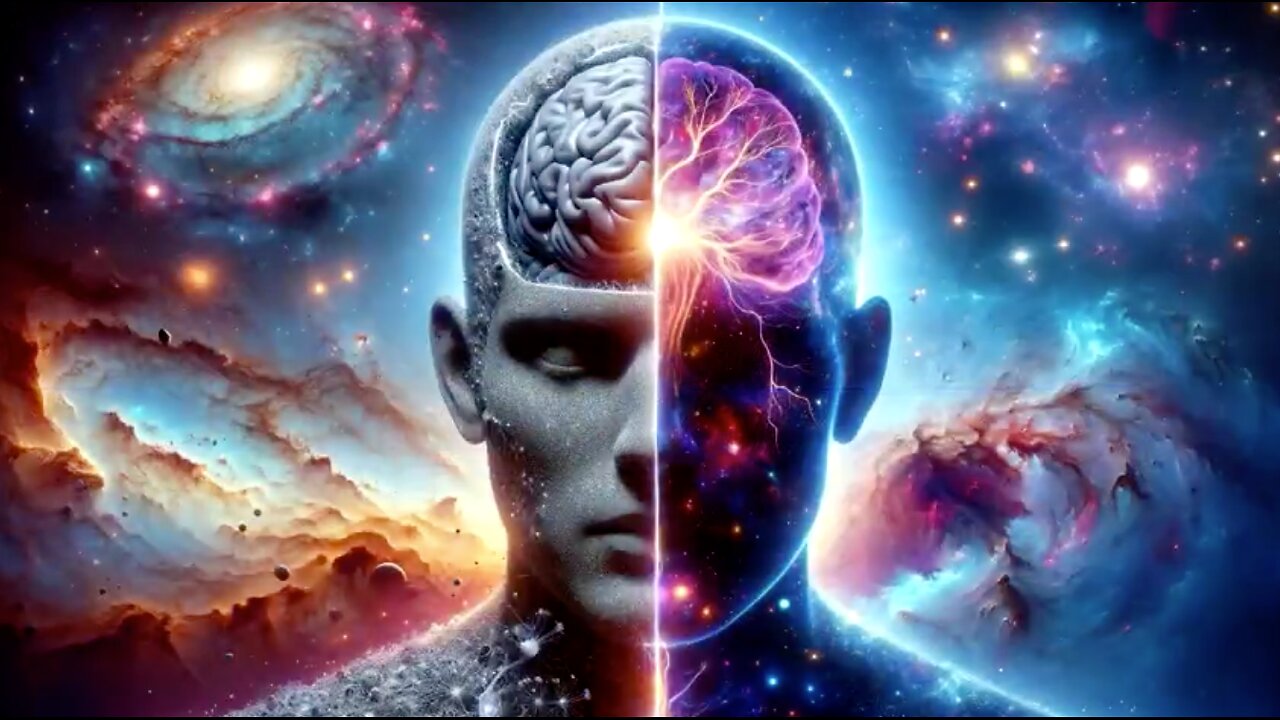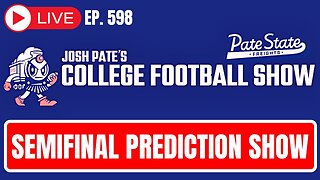Premium Only Content

Navigating the Paradox: Cognitive Dissonance and Common-Sense Exploration in Cosmology
Cognitive dissonance is the discomfort that arises when one holds contradictory beliefs simultaneously. For example, someone might claim to love cows while also enjoying hamburgers. While this tension isn't inherently negative and can lead to positive changes, it becomes problematic when individuals respond with denial, angst, anger, or avoidance. People experiencing severe cognitive dissonance may blame others, avoid certain topics, or rationalize poor decisions. Relief from this psychological tension occurs when contradictory beliefs find a sensible way to coexist. For instance, reducing meat consumption or exploring vegan hamburger options if one loves both cows and hamburgers.
Aristotle emphasized the challenge of studying and contemplating a concept without immediate acceptance or rejection. F. Scott Fitzgerald highlighted the true sign of intelligence as the ability to entertain contradictory ideas simultaneously. The capacity to consider opposing thoughts without succumbing to cognitive dissonance is indicative of a balanced and intelligent mind. Intelligent individuals refrain from hasty judgments and take the time to thoroughly research and weigh evidence from all sides of an issue.
To illustrate cognitive dissonance, consider the subject of cosmology. Traditional teachings present a view of Earth as a spinning ball in space, revolving around the Sun in a complex cosmic dance. However, questioning these assumptions is often met with condemnation. Albert Einstein warned against condemning without investigation, emphasizing the ignorance in such an approach.
Instead of condemning, denying, or ridiculing, let's engage in an investigation without bias. Let's examine an alternative perspective—our everyday common-sense experience of the world.
-
 3:28:23
3:28:23
vivafrei
12 hours agoEop. 244: FBI Seeks HELP for Jan. 6? FBI Taints New Orleans Crime Scene? Amos Miller, Lawfare & MORE
172K165 -
 2:27:48
2:27:48
Joker Effect
5 hours ago2025 already started up with a bang! Alex Jones, Bree, Elon Musk, Nick Fuentes, Fousey
31K4 -
 LIVE
LIVE
Vigilant News Network
10 hours agoEXPOSED: Secret Government Plot to Deploy Aerosolized ‘Vaccines’ Using Drones | Media Blackout
1,906 watching -
 1:13:49
1:13:49
Josh Pate's College Football Show
7 hours ago $1.45 earnedSemifinal Predictions: OhioSt v Texas | Notre Dame v PennSt | Playoff Cinderella | Alabama’s Future
31.5K1 -
 27:56
27:56
The Why Files
1 day agoThe Seventh Experiment: Lacerta Reveals the Truth of our Creation
100K62 -
 45:53
45:53
hickok45
18 hours agoSunday Shoot-a-Round # 262
31.1K18 -
 4:52:32
4:52:32
Rotella Games
1 day agoGrand Theft America - GTA IV | Day 1
74.6K6 -
 8:16:19
8:16:19
Joe Donuts Gaming
18 hours ago🟢Fortnite Live : Chill Vibes Lounge!
91.1K9 -
 38:43
38:43
Standpoint with Gabe Groisman
14 hours agoEp. 63. Terror Strikes the Nova Music Festival. Ofir Amir
156K52 -
 36:04
36:04
Forrest Galante
1 day agoPrivate Tour of an Indian Billionaire’s Secret Wildlife Rescue Center
123K19